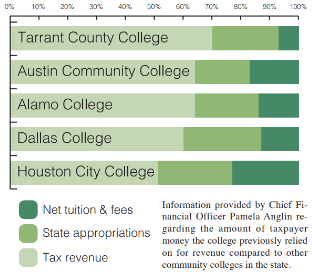
The internet is right in the pocket of con-sumers worldwide, which means that millions of people’s private information are also right in the pocket of multi-billion dollar companies world-wide.
According to Oberlo, in 2019 there were over 3.5 billion social media users worldwide. With the most active social media site being Facebook.
Facebook has been in and out of court due to privacy concerns. Google and Amazon have also had their fair share of court hearings because of their limited privacy policies. It’s easy to ignore the limitations that companies take to ensure safety because most click “accept” without reading the terms.
Google is practically synonymous with the internet. There are about 40,000 searches each second, according to Internet Live Stats. With such a large amount of users, one would hope that they could know where all their private inquiries are going, but that’s not information Google and friends are willing to divulge entirely.
Here’s the thing: people understand that their information is now accessible by these sites and will be used by the company however it sees fit. So why are there billions of active users?
There are two simple answers. The first is the convenience of sites like Google that offer up mountains of information along with devices that make doing everyday tasks easier. Also, social media has made communication with people from around the world much more accessible. It’s dif-ficult to give up these luxuries or even think of a contemporary world without them
The second reason there isn’t a heavy focus on data mining is that most users know they’re not doing anything incriminating. As somebody told me, nobody walks into Walmart and focuses on all the cameras because they don’t have bad inten-tions. It’s a valid point, but the lack of privacy goes to such an extent that it can start affecting every-day life.
A person’s search history is sold so product recommendations and advertisements are tailored to individuals. Companies have gone so far that California passed the California Consumer Pri-vacy Act (CCPA) to prevent personal information from being sold to advertisers. Even with CCPA companies can still use other kinds of tracking like “fingerprinting,” which checks a user’s iden-tity through the device they’re using and can go unseen.
At least one-third of the 500 sites Americans visit most often use digital fingerprinting, accord-ing to The Washington Post. There’s no way to prevent this level of tracking even by following procedures like deleting search history or turning off cookies, which are data stored by web browsers.
Even though users can’t prevent fingerprint-ing, that doesn’t mean other information can’t be kept to themselves. They can avoid multiple types of trackers through plug-ins and add ons. Ad blockers, strong passwords, two-factor autho-rization and browsing secure sites (https) can help reduce the amount of information gathered.
Companies not on the user’s team, so taking every precaution to ensure that data isn’t drained is of the utmost importance when navigating the web.




































